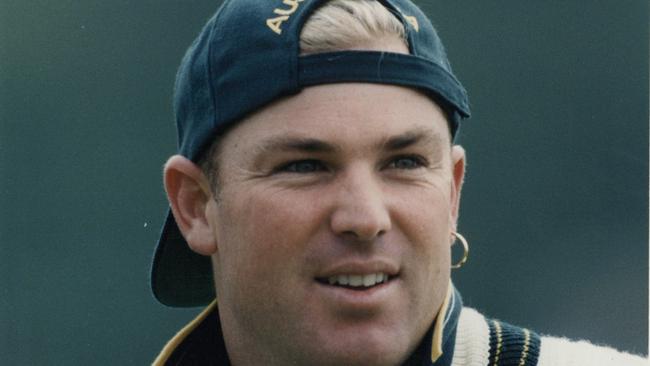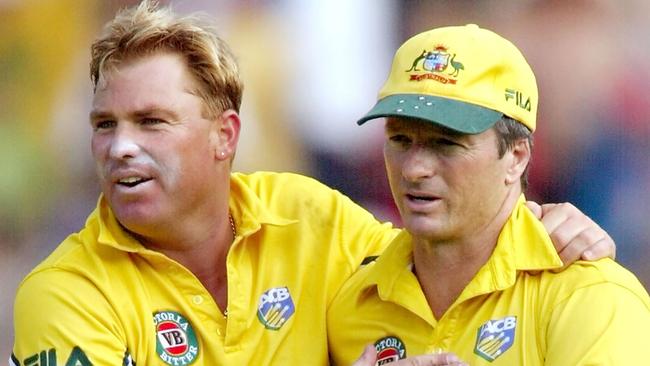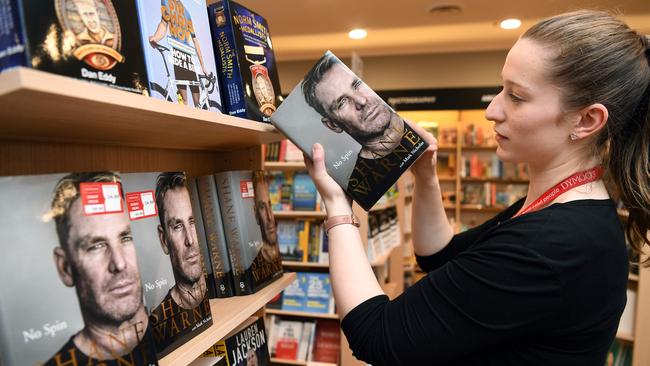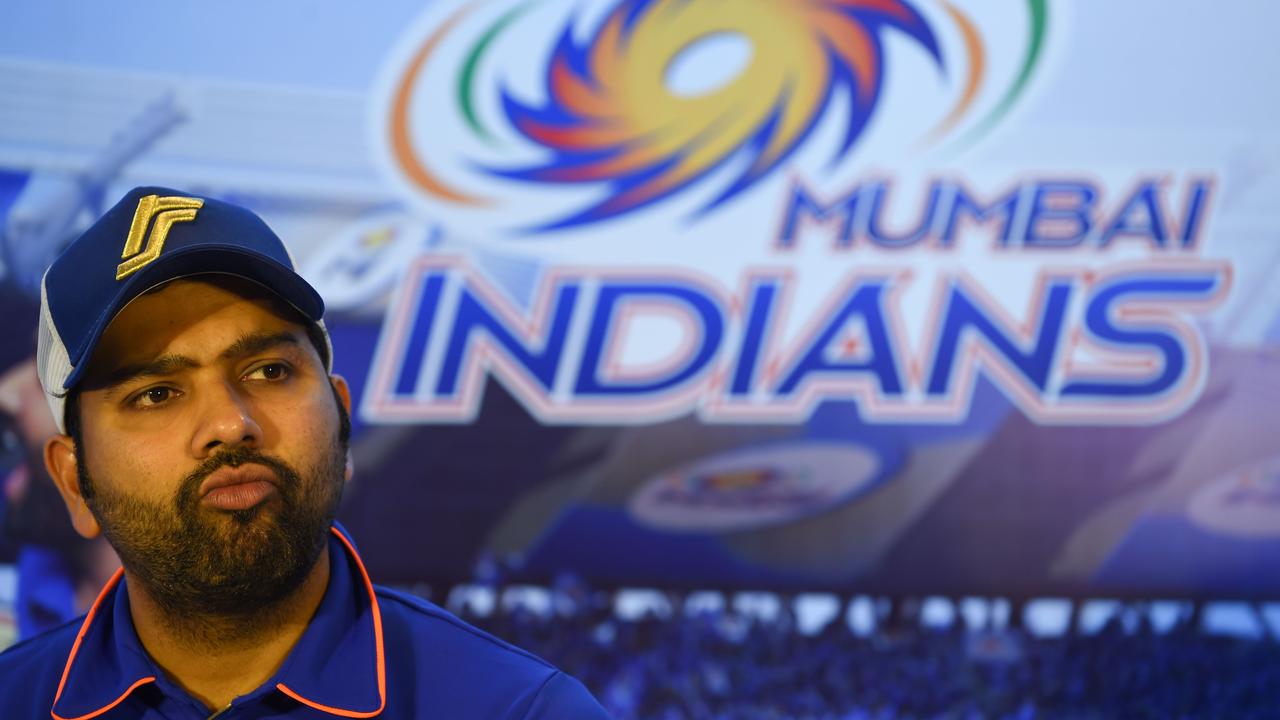Hits and myths of Shane Warne, a suburban hero
Only Shane Warne could turn publishing a tell-all autobiography into an act of reclaiming his privacy.

Last Thursday, Shane Warne told an interviewer that the current Australian batting line-up was “the worst” he had seen, and that Steve Smith and David Warner would “walk back in”. He followed this up on Friday with a tweet of lavish praise for their “guts and spirit”, their “outstanding performance”.
On social media, this reverse ferret was thought a bit rich. Yet there was also something inimitable about it. Even in his 50th year, nearly 12 years on from his retirement from international cricket, he is prepared to throw it up, tempt fate, risk embarrassment, but take events insouciantly in his stride.
In a branded, guarded, circumspect world, Warne remains a giver, nearing 18,000 tweets at a rate of 2000 a year, with as many followers as Warner and Smith put together. As he used to say of bowling: “No matter how far they hit it, it always comes back.” Warne knows this. And his new book No Spin suggests that inhabiting his public persona is ever more of a challenge for him. “Believe it or not, I’d take the quiet life over the red carpet any day,” he insists as early as the third paragraph.
Just as quickly, however, he also consents: “Lying low hasn’t been my thing. I have lived in the moment and ignored the consequences.”

Later Warne pauses for reflection: “A lot of people spend their life trying to be in the newspaper or magazines. I’ve spent most of my life trying not to be in them.”
Moving on he relates a story of suing the Herald Sun for defamation and as part of the settlement agreeing to write a column for them. Huh?
“People close to me … wonder why I open myself in such a public way,” he concludes. “So I’m going to keep things to myself a lot more and live less of my life on the edge.”
Only Warne could make the act of publishing a tell-all autobiography into an act of reclaiming his privacy: what do they say about genius being the capacity to continue functioning while holding two contradictory ideas in one’s head? Little purpose is served reviewing No Spin. It is not a reflective book; his has not been an examined life.
He narrates a tale of John Buchanan’s 2006 pre-Ashes boot camp, where Australian team members fell to discussing one another’s foibles.
“The verdict on me was that I’d never give up on the cricket field,” Warne recalls, “but that I was too quick to be judgmental about others and never prepared to change my mind once I’d formed an opinion.” It is the essence of No Spin that the judgments seem to have been formed long ago and progressively rationalised rather than arrived at after mature deliberation.
That also means, however, that the values are constant. Warne is to the suburbs as Bradman to the bush, and has a sentimental attachment to the suburban virtues, of courtesy (“manners are free”), punctuality (“I can’t stand anyone who is late for anything”), plainness (“if there’s an opposite to a foodie, I’m it”), and filial piety.
His mother is “tough as they come” and “the most honest person I know”; his father, with his “soft heart”, is “my other hero”. In most autobiographies, parents recede after the first few chapters. Brigitte and Keith Warne are there at every step.
Even in some of No Spin’s most outrageous tales, there is a hint of a code, even if it might require a second look.
For example, in a widely reported excerpt, Warne recounts a 2006 tabloid sting in which he was filmed wearing Playboy undies cavorting with two models whose SMS siren song lured him to a London address in the middle of a county match for Hampshire.
The story is silly if not tawdry, but the signature detail is that rather than return to his hotel and risk sleeping through the alarm, Warne drove straight back to the county ground and slept in his car before being woken by the physio. He then went out and took 7-99.

Warne seems determined to retell the story of Australia’s long global supremacy as other than that of a baggy green band of brothers. His disparagement of Steve Waugh, the animosity deriving from Waugh leaving Warne out of the 1999 Antigua Test, has become his schtick.
No Spin offers a few additional details: Warne says he was promised the Australian captaincy during the subsequent World Cup by chairman of selectors Trevor Hohns in the event Waugh did not “get a score” or the team did not progress to “the next stage of the tournament”; Warne reports that a few months later he voted against Waugh playing the Galle Test while his skipper was still suffering the after-effects of an on-field collision with Jason Gillespie.
Clinging to ancient grievances? Or testifying honestly to the “element of bitterness” he harboured, and went on harbouring?
One might wish Warne had paused introspectively at this point. Why did Waugh making this selection call cause him so much hurt, and so poison the relations between them that he continues carping almost two decades later? With what insecurities and vulnerabilities did it resonate? But that may be to miss something imperishable about Warne, that he did not play the game so much as live it.
The best chapter in No Spin is the one that belies the title, being all about spin. It is fun, and fresh, alternately practical and venturesome, shrewd and flamboyant, and written entirely in the present tense, as though Warne still pulls on his bowling boots every morning and takes the field of play. And although the chief outlets for that urgency and vitality are now soundbites and tweets, that may be the way he still sees it.



To join the conversation, please log in. Don't have an account? Register
Join the conversation, you are commenting as Logout